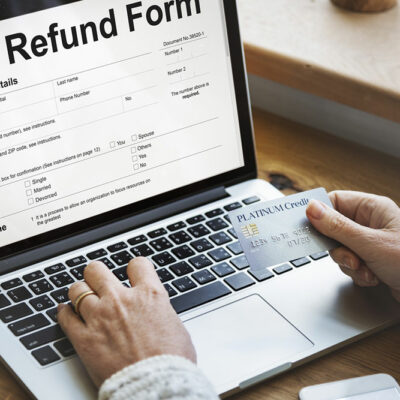
Finance
6 critical mistakes to avoid when trying to get out of debt quickly
Debt leads to a lot of stress, so it must be addressed immediately. The problem with debt is that it keeps multiplying when not repaid in full at the due date. While there are several ways to exit the debt trap, they require financial discipline. Unfortunately, many people make mistakes when trying to get out of debt quickly, which makes matters worse. Here are a few such mistakes one should avoid. Not changing one’s spending habits This is among the biggest mistakes people make when trying to get out of debt. They continue to spend money on things that are not required and do not save enough to repay their creditors. Expensive products and services make life convenient and easy but increase debt. Hence, individuals should change their spending habits and save as much as possible when trying to pay off debt. One of the best ways to do this is to be mindful when visiting stores and shopping malls. Individuals can prepare a list before heading to these places and only get those things that are truly necessary. In addition, individuals can record their daily expenses and find ways to reduce their spending. Furthermore, one can find cheaper alternatives to expensive products, eat at home more often, and avoid getting lured by shopping trends, which may push one deeper into the debt trap.
Read More 








